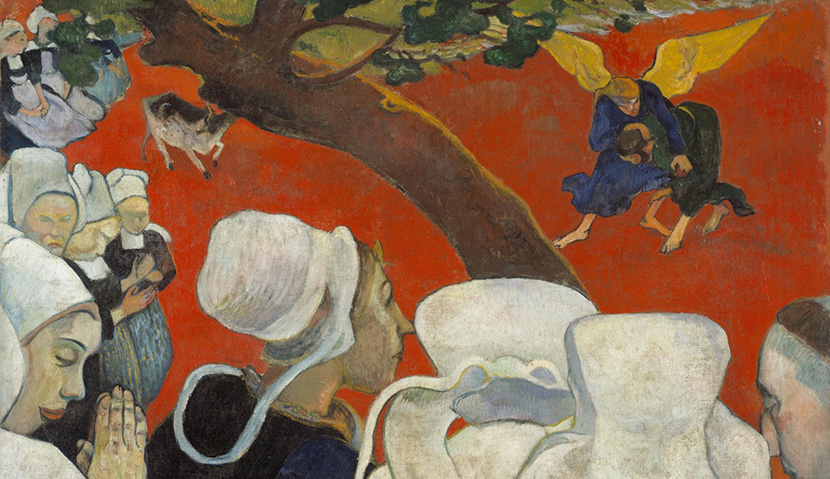In 1970, Ashraf Marwan—the son-in-law of Gamal Abdel Nasser and the chief aide to Anwar Sadat—telephoned the Israeli embassy in London and offered to provide classified documents as well as his own assessments of Egyptian government thinking. Although the Mossad took him on as a spy, Marwan’s warnings about an imminent war were ignored by Israeli intelligence. In a new biography, Uri Bar-Joseph puts to rest rumors that Marwan was a double agent but is unable to explain the mysterious fall from a fifth-story balcony that ended his life in 2007. Dan Raviv writes in his review:
Throughout 1972 and 1973, Marwan repeatedly cautioned the Israelis that Sadat was absolutely determined to go to war. Because several of Marwan’s warnings proved to be false alarms—he explained this by saying that Sadat frequently changed his mind—some Israeli intelligence officials stopped taking his reports seriously. Instead of preparing for a possible war, the Israelis clung to their theory that the Arabs would never attack because they had no chance of winning.
A climactic moment came on October 5, 1973, at an urgently arranged meeting in London, where Marwan told the head of the Mossad that Egypt and Syria would strike Israel the next day. Israel’s military intelligence chief rejected the report, and with Marwan’s warnings unheeded, Israeli troops were not nearly as ready as they could have been when Egypt attacked—as promised—on Yom Kippur. . . .
According to Bar-Joseph’s highly detailed account, full of names, dates, and locations of meetings that demonstrate his encyclopedic knowledge of the Marwan affair, the spy was doing his best to help Israel. He kept the Israelis fully apprised of Sadat’s evolving thought process: Egypt would attack soon. Then it only might attack. Then Sadat decided not to attack until the Soviets provided more arms. Then he wanted to be sure that Syria would join a two-front surprise offensive.
Israeli analysts were not quite able to keep up with this ever-changing picture.
More about: Anwar Sadat, Gamal Abdel Nasser, History & Ideas, Israeli history, Mossad, Yom Kippur War


